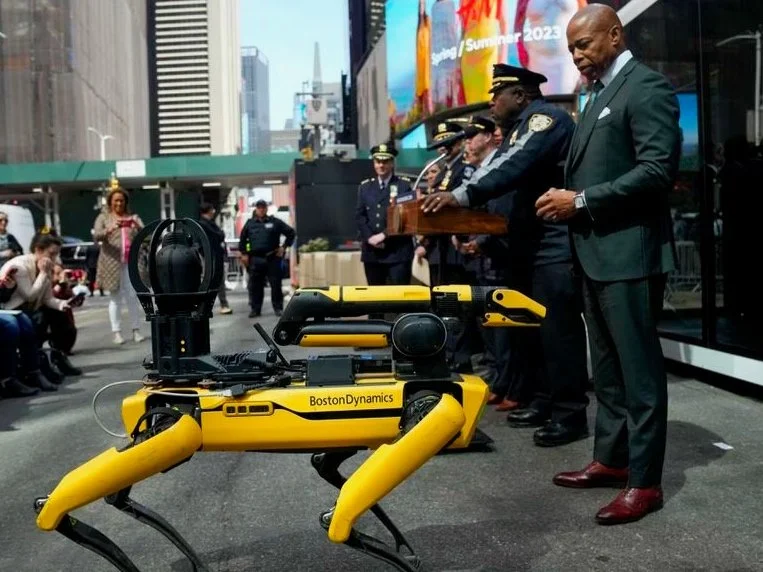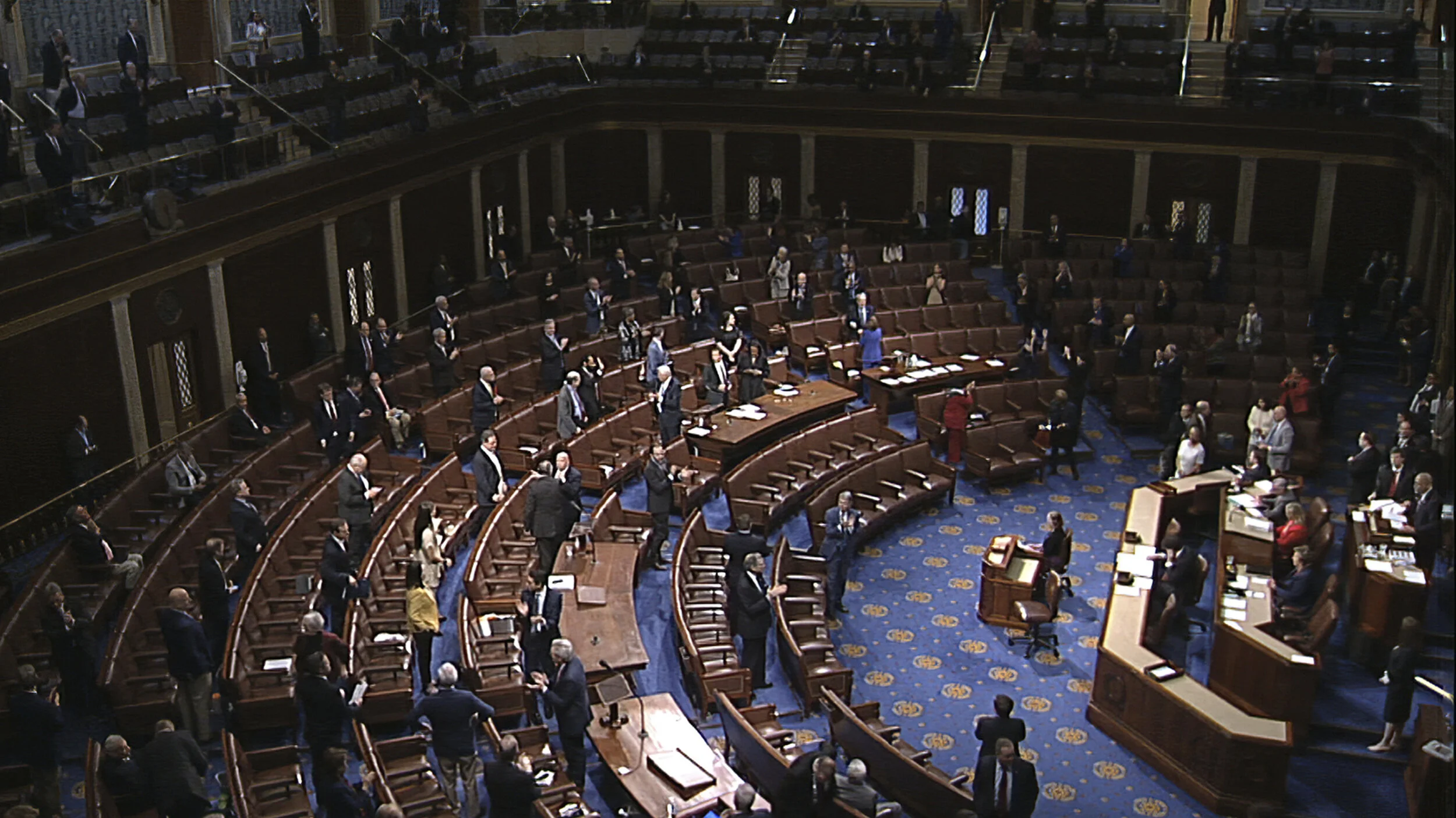Ring, one of the nation’s largest home security companies, engaged the Policing Project at New York University School of Law in civil rights and civil liberties audit, leading to substantial changes.
Oregon Sued Over Domestic Spying Operation
The Oregon TITAN Fusion Center is a covert domestic spying program run by the Oregon Department of Justice that targets the people of Oregon with aggressive and illegal surveillance. Our lawsuit, Farrell-Smith v. Oregon, is brought by environmental, indigenous rights, and social justice advocates who peacefully protested a $10 billion fossil fuel pipeline and were targeted by TITAN.
Chicago passes legislation to create a community oversight board for public safety
Last week, Chicago City Council Members voted to pass legislation that will create a “Community Commission for Public Safety and Accountability.” This is a significant victory for Empowering Communities for Public Safety – a coalition of community organizers in Chicago, who collectively have worked on this issue for decades. The Policing Project was privileged to work with the organizers, lending drafting and strategic assistance.
How to Police Protests to Protect Constitutional Rights and Public Safety
The Policing Project’s new guidance provides an overview of how to police demonstrations to protect public safety and democratic freedoms. Drawn largely from what policing leaders themselves have identified as best practices as well as evidence-based research, we outline a clear approach that emphasizes transparent communication, de-escalation, and a healthy relationship between police and the communities they serve.
Policing Project unveils new transparency and accountability resources for police and communities
The Policing Project has released suite of resources outlining concrete steps policing agencies, elected officials, and communities can take to improve policing transparency and accountability. These materials provide clear and reasonable guidance on three critical areas: accessibility of agency policy manuals, community oversight, and agency transparency.
Policing Project and Center for Policing Equity Release Guidebook on Stop Data Implementation
Today, the Center for Policing Equity (CPE) and the Policing Project at New York University School of Law released a new guidebook for law enforcement agencies, government officials and communities with best practices for collecting, analyzing and responding to data about traffic and pedestrian stops by law enforcement—a critical but often overlooked aspect of policing.
A snapshot of recent policing reform legislation
Our Statement Regarding Policing in the United States
Too often, we have focused on “police reform” and “police accountability” in moments like these. Yet, the very fact that we are here once again—as we were after rioting in the 1960s, or after Ferguson in 2014—suggests that police reform and police accountability as we have understood and implemented them simply are not working.
COVID-19: Stay-At-Home and Social Distancing Enforcement
Community Engagement During Times of Crisis: COVID-19 and Beyond
Police are tasked with ensuring public safety during extreme events and emergencies. But during unprecedented times–like we’re seeing now with the novel COVID-19 pandemic–many tried and tested methods for community engagement and outreach are breaking down. How should policing agencies adapt to meet the needs of vulnerable populations?
Policing Project presents upcoming community oversight report at NACOLE convening
Policing Project, Camden police meet with community leaders to discuss new use of force policy
A Philosophy, Not a Program: Chicago and New York Police Meet to Discuss Neighborhood Policing
The Policing Project recently hosted members of the Chicago Police Department during their visit to New York to learn more about NYPD’s Neighborhood Policing, the neighborhood-focused collaborative policing philosophy on which the Policing Project’s Chicago Neighborhood Policing Initiative is modeled.
Policing Project’s Supreme Court amicus brief calls for protecting basic Fourth Amendment principles
The Policing Project submitted an amicus brief in support of certiorari asking the United States Supreme Court to overturn a decision of the Nebraska Supreme Court that permitted a police stop of a vehicle, in the absence of reasonable suspicion, on the grounds that the stop was merely information-seeking.
Policing Project Fellow Julian Clark talks transparency and accountability at American Constitution Society, NYLS panel
It’s time to start collecting stop data: A case for comprehensive statewide legislation
Police officers in the U.S. pull over at least 50,000 drivers every day, making the traffic stop the most common interaction between the public and police. But despite the frequency, there is a lot we don't know about stops and their effects, in part because stop data collection laws are not mandated in most states, and even when they do exist, the laws are far from perfect.

























